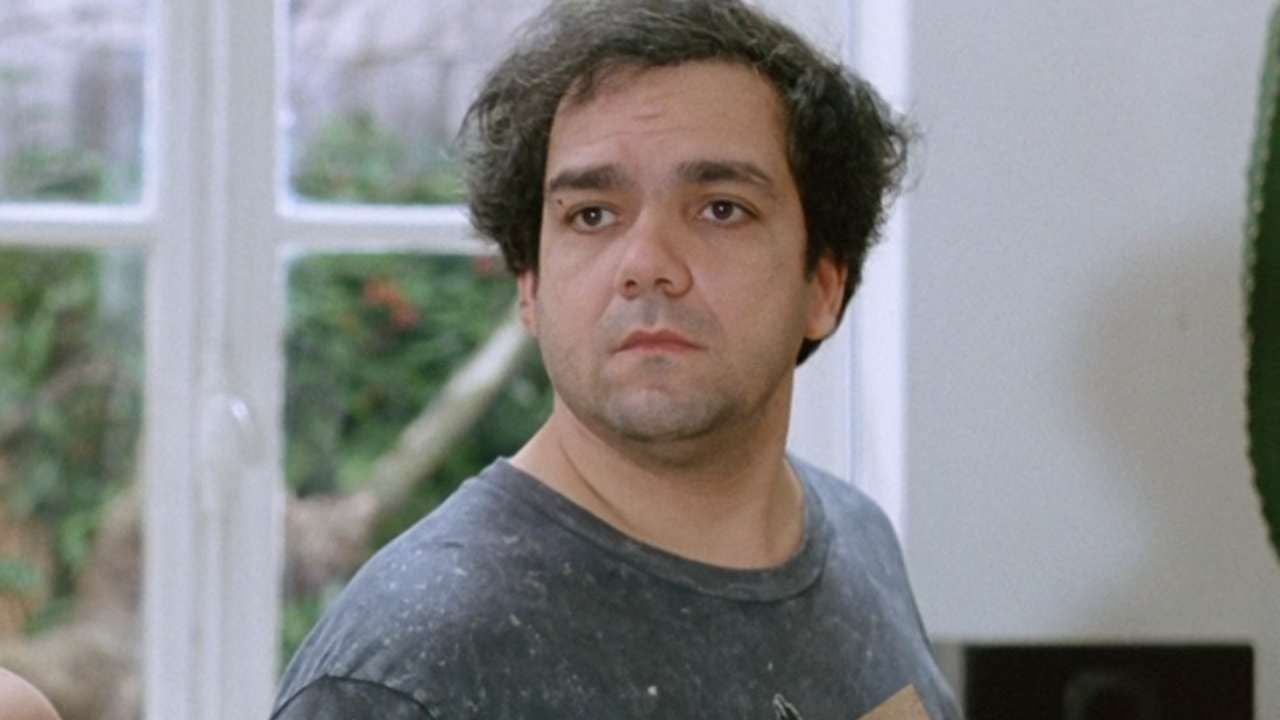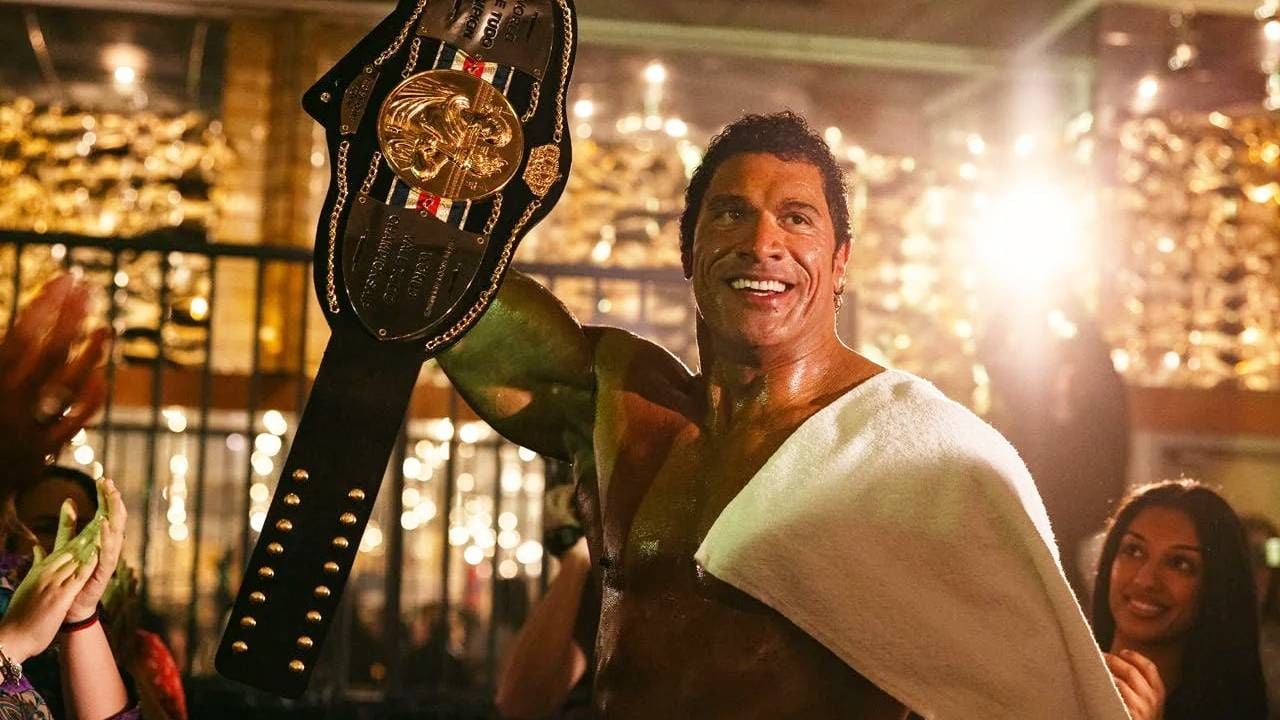Discover push-up variations to intensify chest, shoulder and triceps training
Calisthenics is a training method that promotes muscle development through free exercises, i.e. exercises that do not require equipment, plates or dumbbells. In this type of training, resistance is carried out using one’s own body weight, with pushing, pulling, squatting and maintaining a certain position (isometry) movements.
Push-ups are widely used in rhythmic gymnastics, and there are many variations of this movement. With them you can exercise the muscles of the chest, triceps and the front and sides of the shoulders. Furthermore, the central region is also in high demand.
According to Júnior Britto, professor of physical education, artistic gymnastics and functional training, the best thing about rhythmic gymnastics is that the only tool is body weight. In push-ups this becomes very clear, since it is the resistance of the body against the floor that will allow the muscles to overload for their development.
“You can also add parallel bars, rings and door bars. The floor itself is a great training ‘accessory’. At home you can use chairs, a sofa and anything stable to perform some exercises,” he says.
This is what we’ll see next! Read on to find out how to use push-up variations in your workout using what you have at home.
6 types of calisthenics push-ups to intensify your workout
Push-ups are a great exercise for building muscles in areas like shoulders, chest and triceps. It is a free exercise that does not involve the use of equipment, but some variations of the same lift it can be done with tools.
In the open push-up the emphasis is clearly on the muscles: pectoralis major and deltoid (shoulders) (front and medial), with the triceps being the “least” required muscles, while in the closed push-up the pectoralis is least required and the deltoid (shoulders) (front part) also participates less, with the medial and posterior portion having more emphasis and the triceps more required”, teaches Eliane Araújo, physical education professional at the Les Cinq Gym.
See some variations to make!
1. Push-ups with one leg hanging
This variation requires more balance and coordination during the bending movement. It must be performed with only one leg resting on the floor, while the other is raised, in the three-legged position. Alternate the hanging leg between sets.
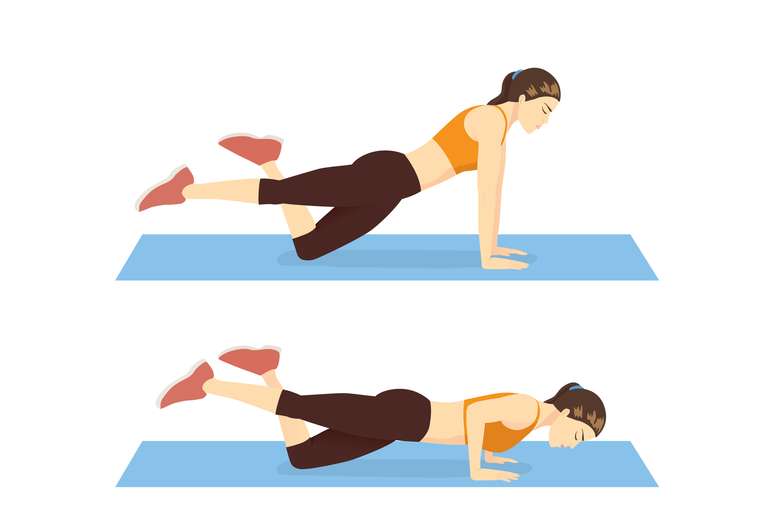
2. Inclined push-ups
With your feet resting on a chair or any fixed elevation, perform the push-up movement. The exercise mainly involves the upper pectoral muscles and triceps.
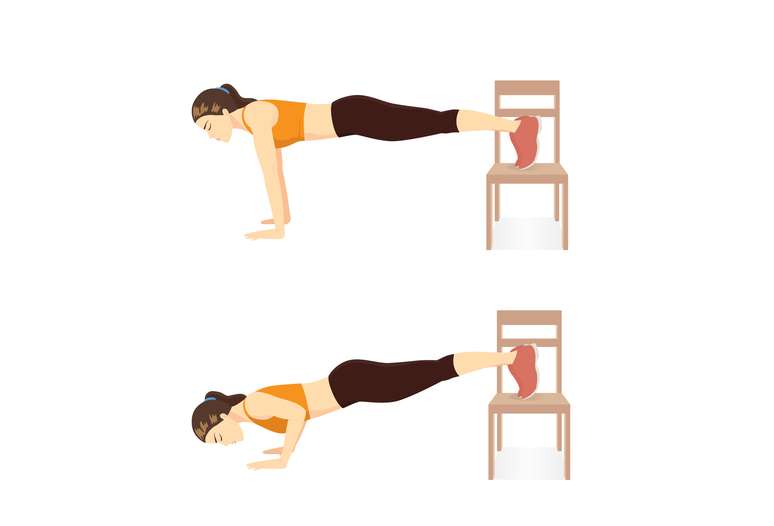
3. Refuse push-ups
Here you are in a position inclined to the floor, resting your arms on a fixed bar or even on a table. Recruit the lower pectoral region.
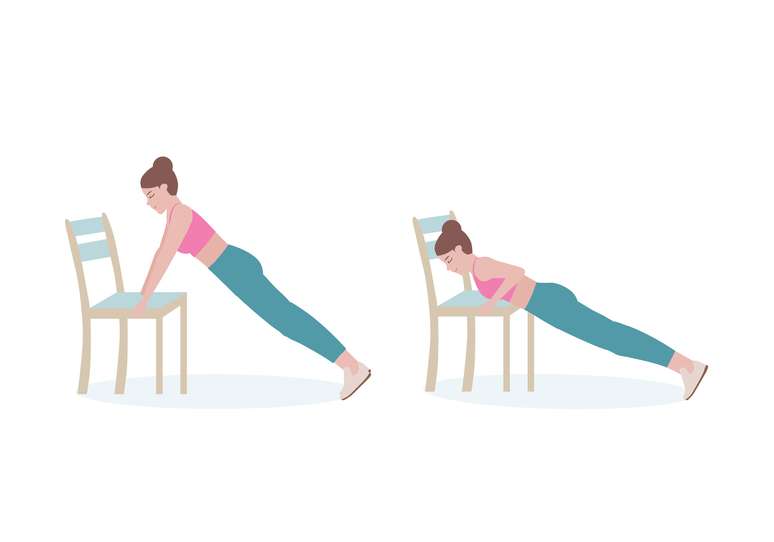
4. Closed push-up
With your arms more closed and closer to your torso, this exercise requires greater strength from the triceps muscles and the inner part of the pectorals.

5. Flexion Typewriter
Typewriter, in Portuguese, means typewriter. The name derives from the movement performed with the arms, which alternate in the flexed position: while one is lengthened, the other is flexed.
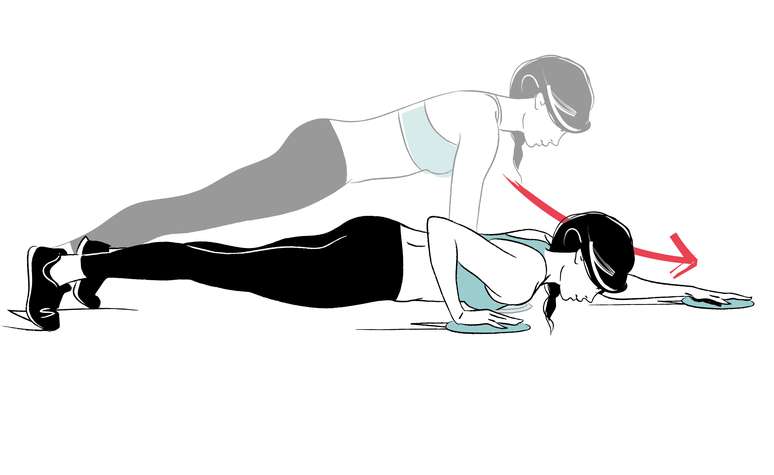
6. Push-ups with pulse
This is a more advanced push-up variation and requires practice. The push-up movement is the same as a common push-up, however, in the part of the movement where you stretch your arms, you are given an upward push so that your palms clap. Then return to the starting position and perform the push-up movement again.
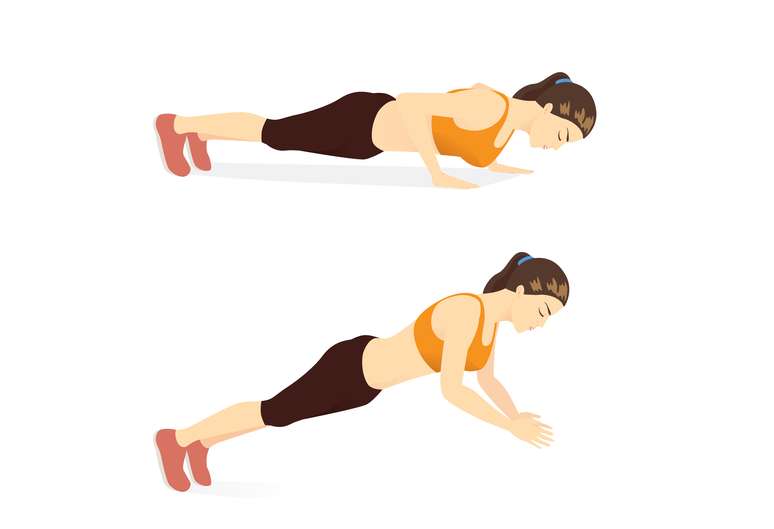
Source: Terra
Ben Stock is a lifestyle journalist and author at Gossipify. He writes about topics such as health, wellness, travel, food and home decor. He provides practical advice and inspiration to improve well-being, keeps readers up to date with latest lifestyle news and trends, known for his engaging writing style, in-depth analysis and unique perspectives.

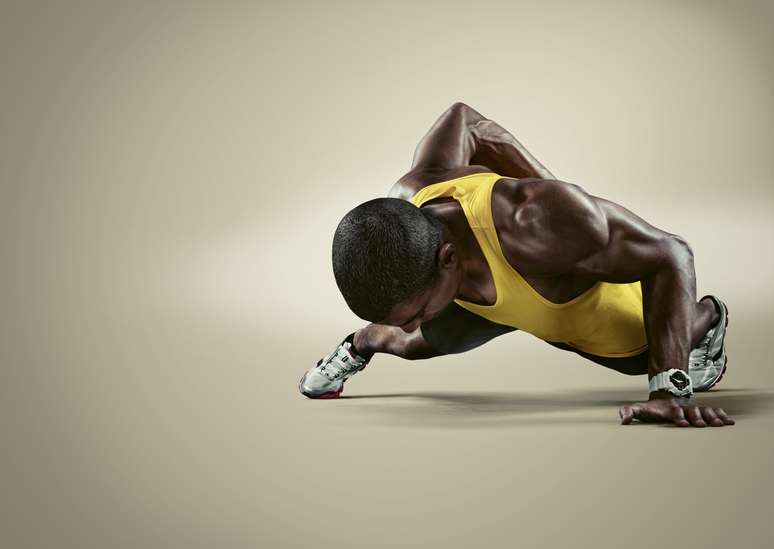
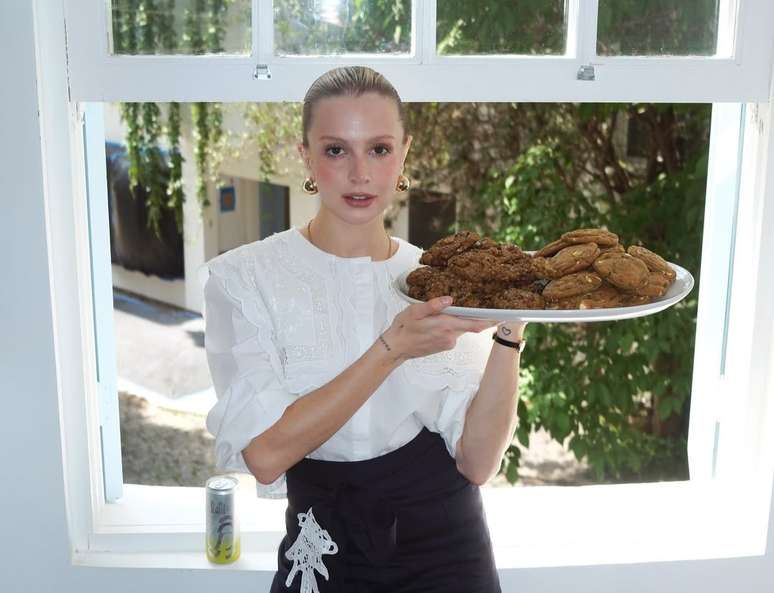
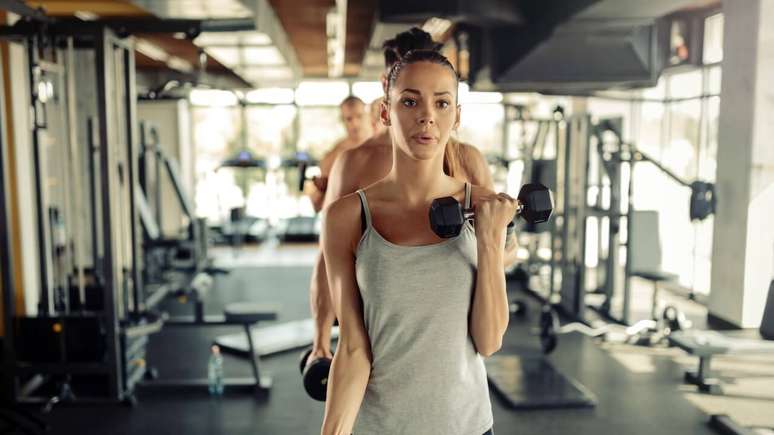

![Un Si Grand Soleil preview: Tuesday, November 4, 2025 episode recap [SPOILERS] Un Si Grand Soleil preview: Tuesday, November 4, 2025 episode recap [SPOILERS]](https://fr.web.img3.acsta.net/img/6f/6d/6f6dc689d8fd8b69af5b4d56af2890e5.jpg)
-1hrdo3g2pvj1u.jpg)
